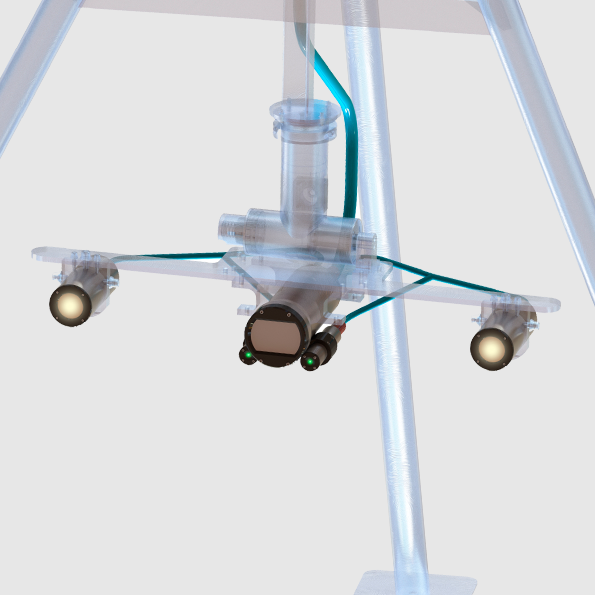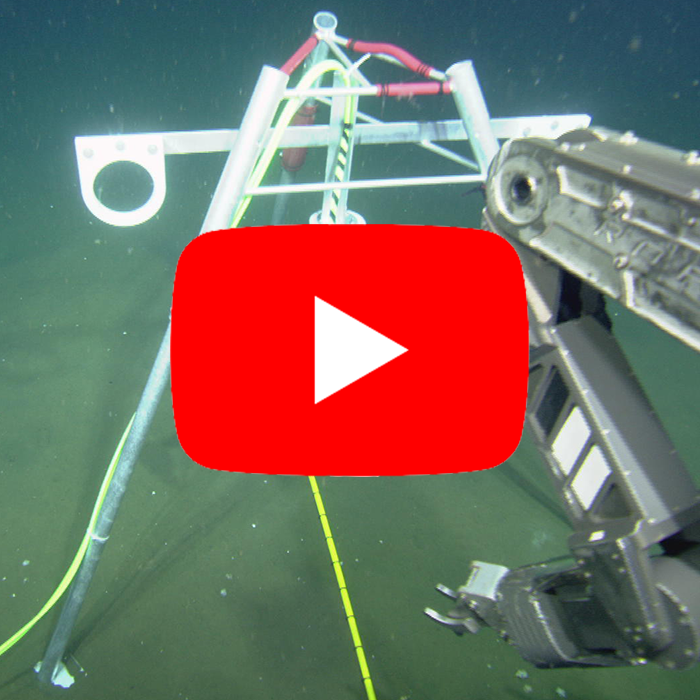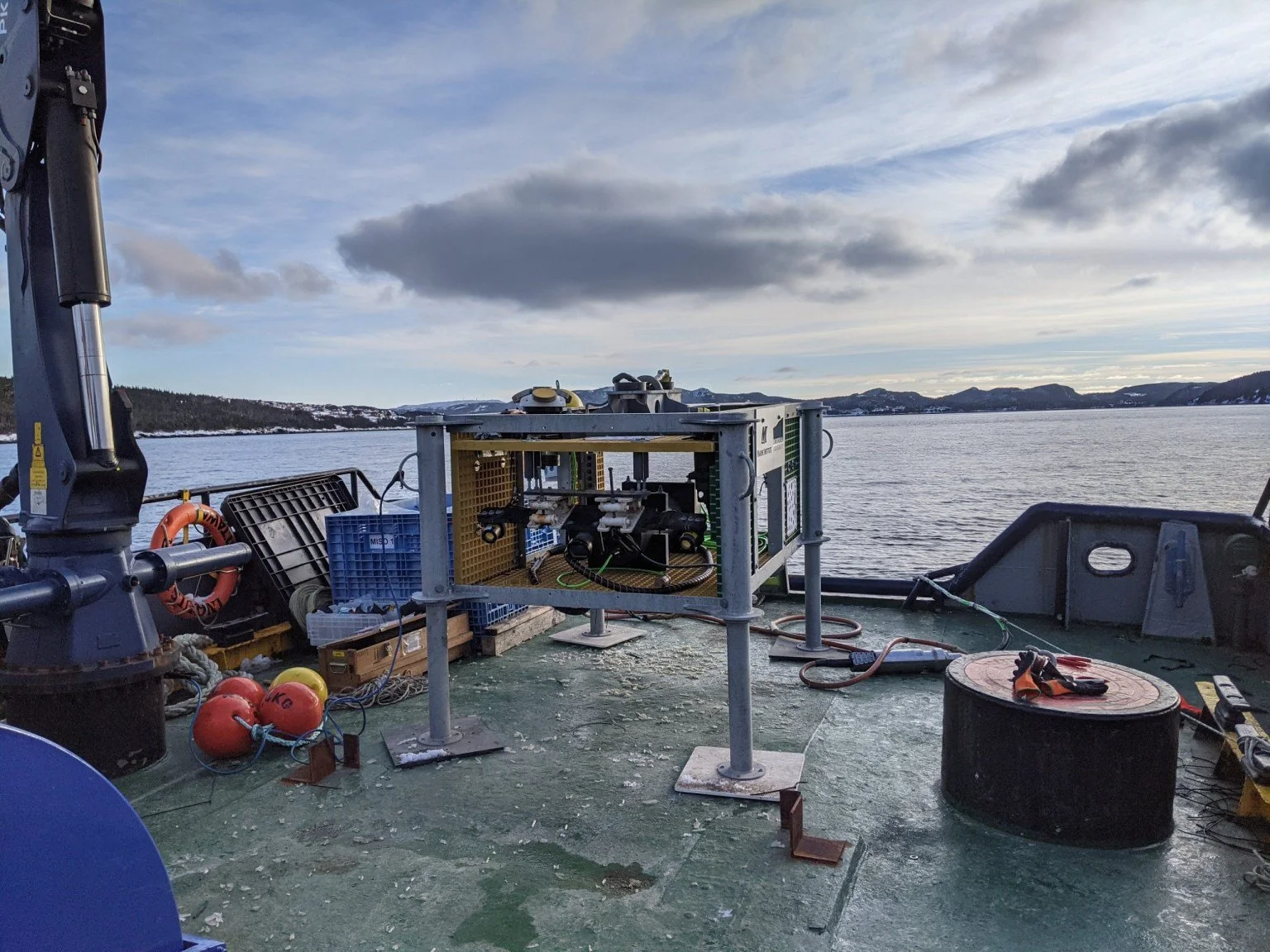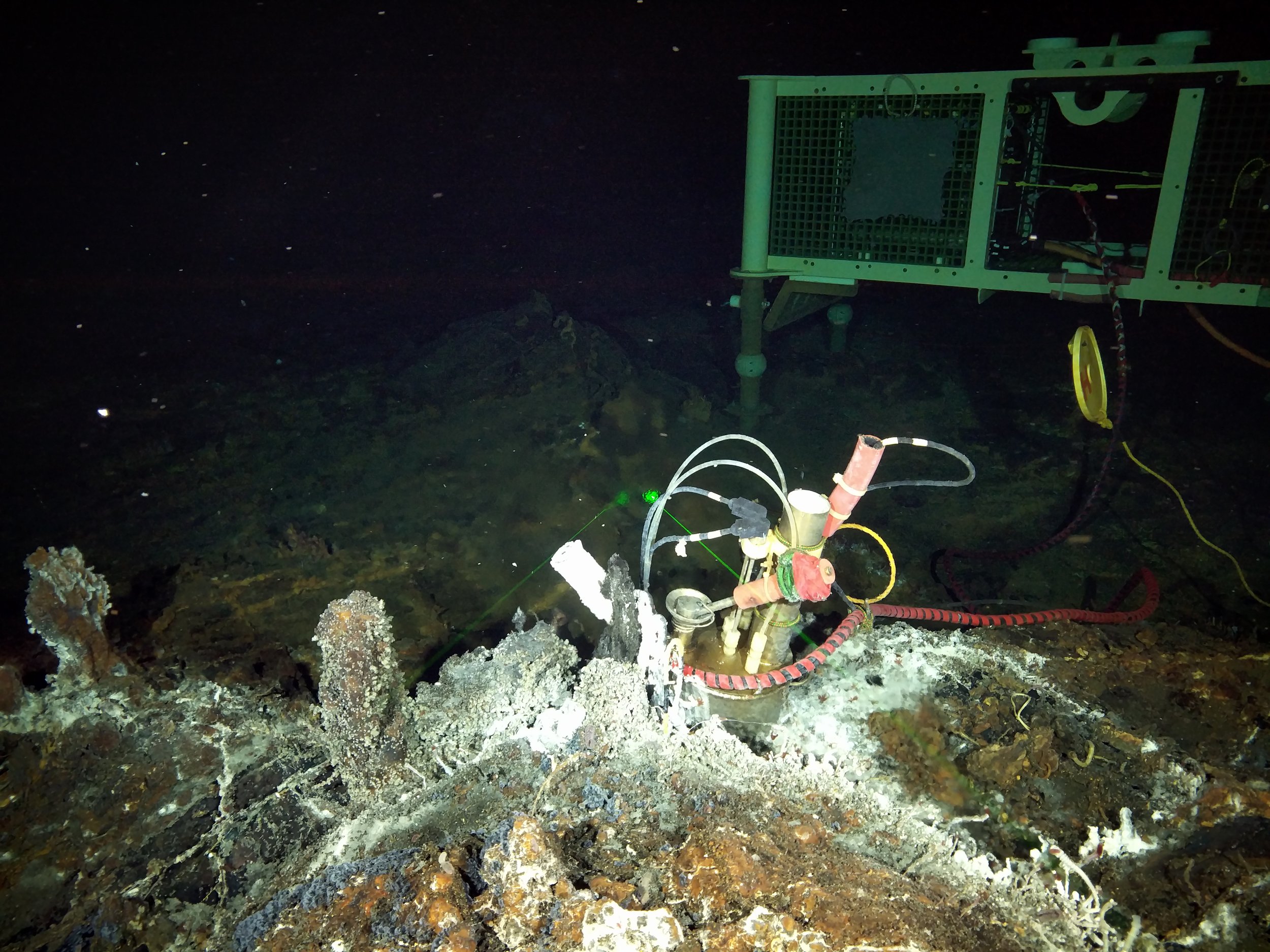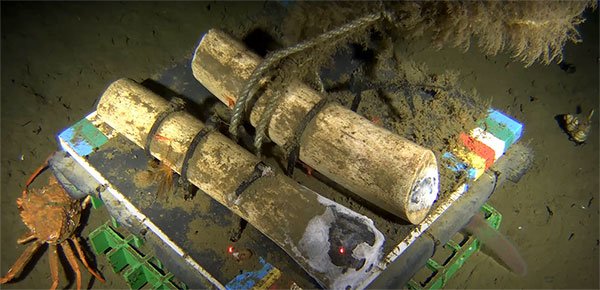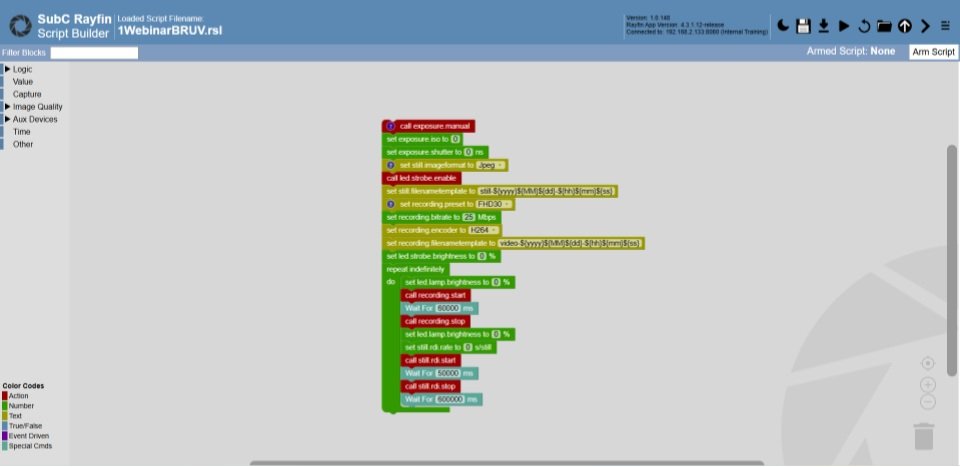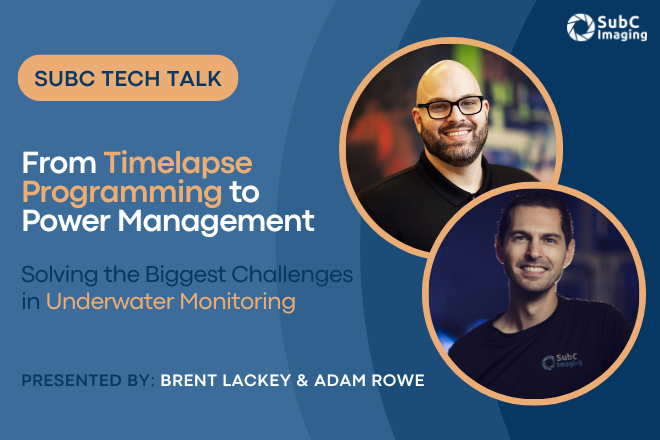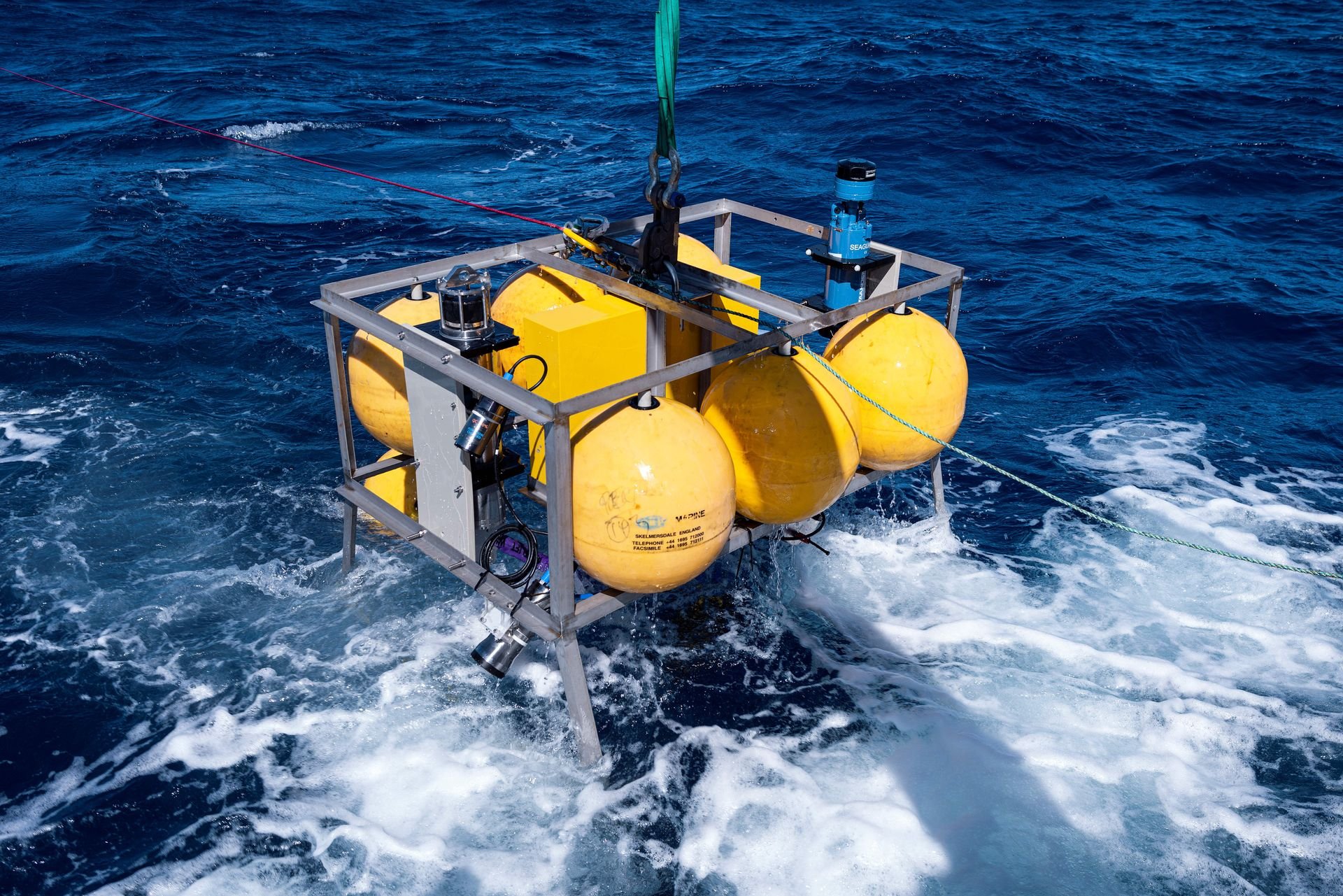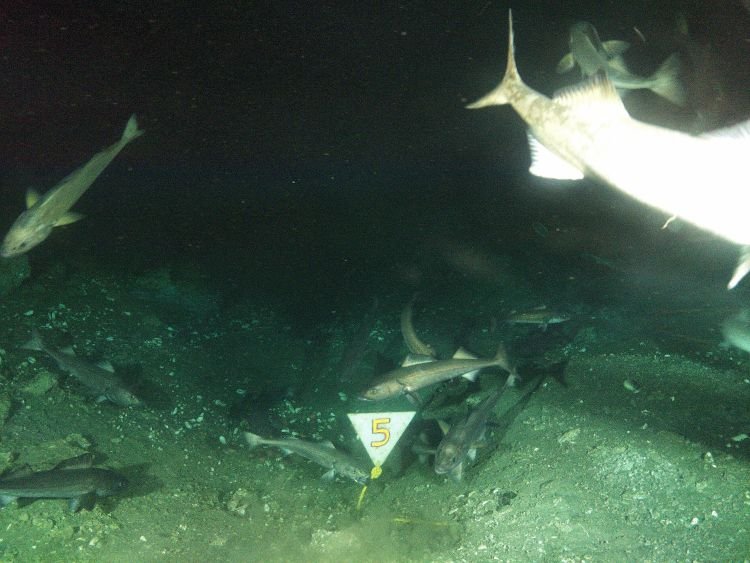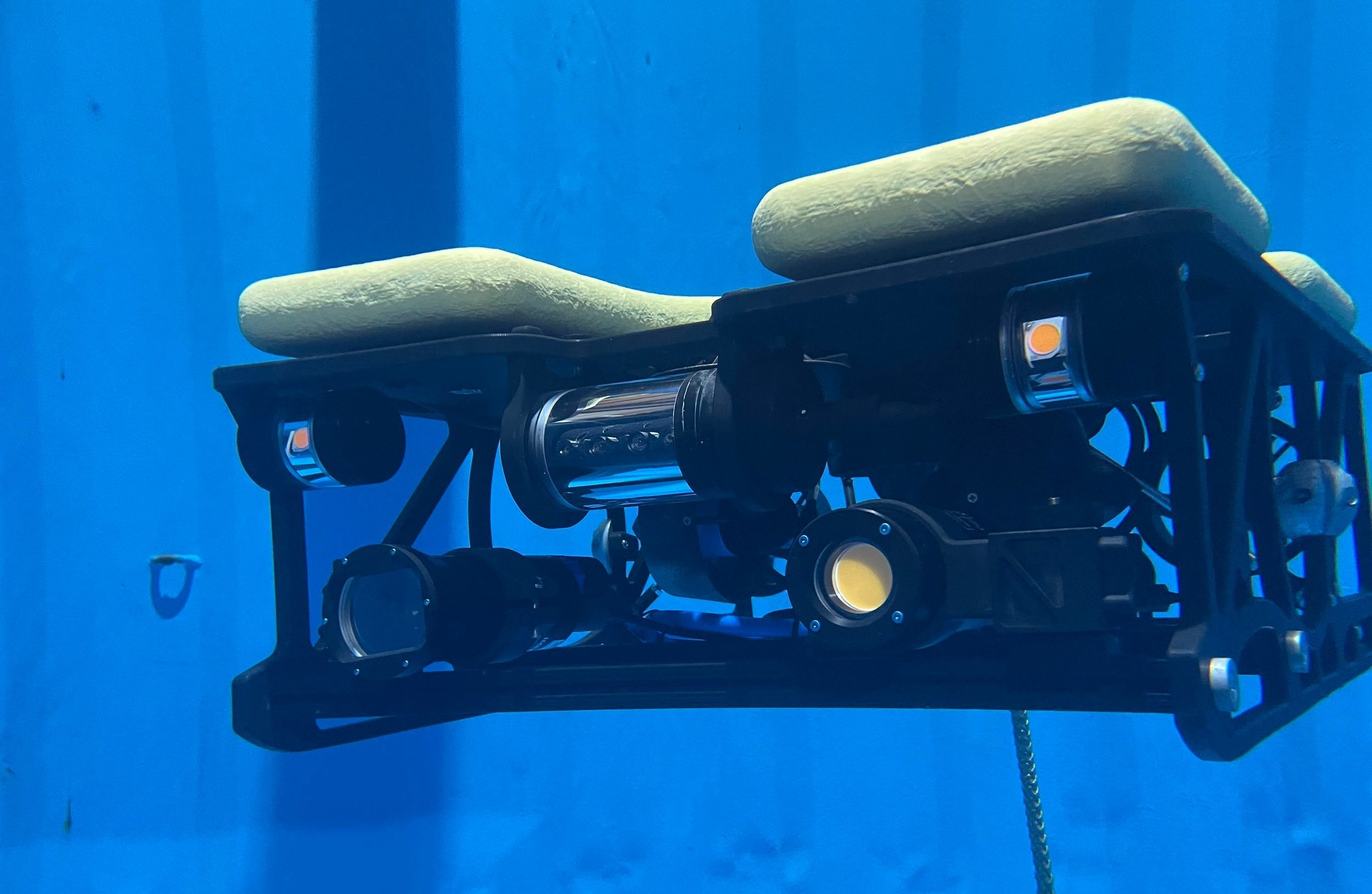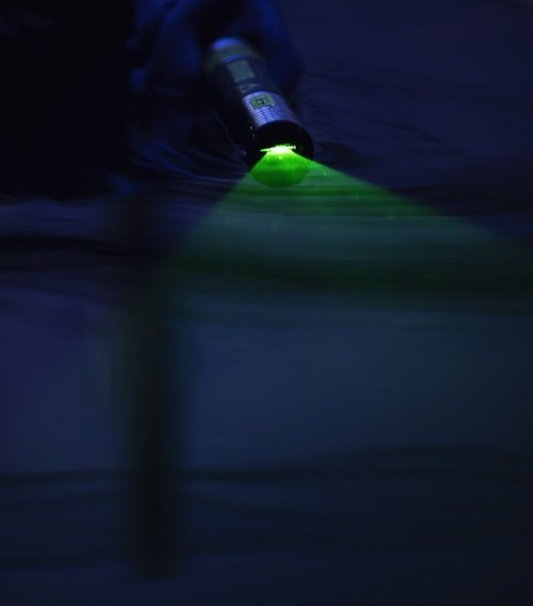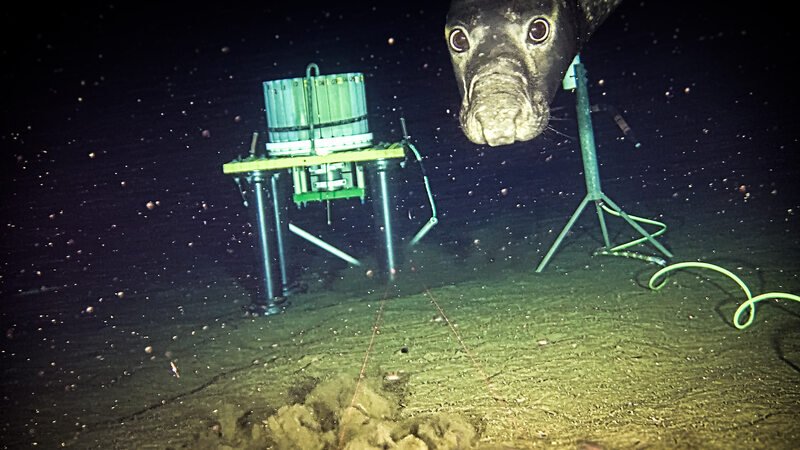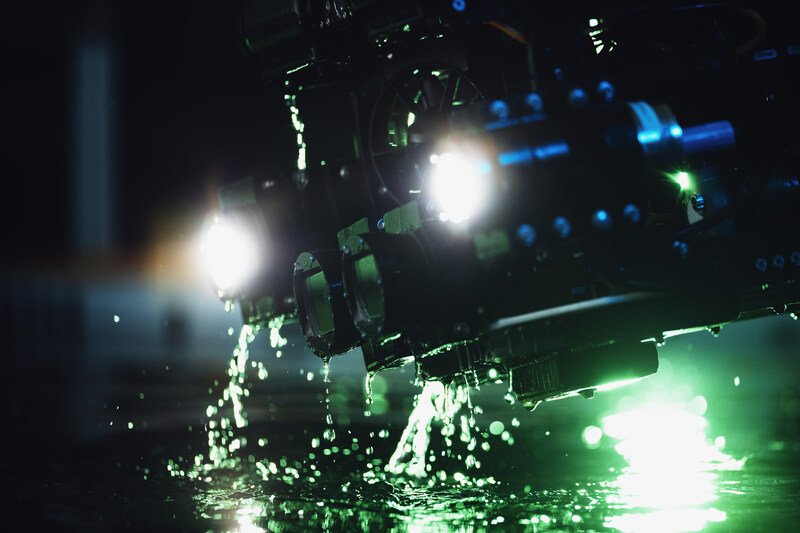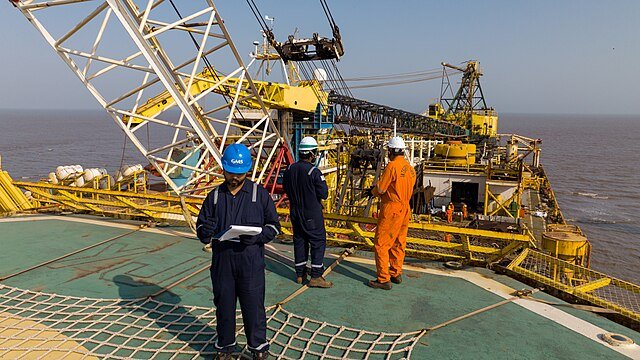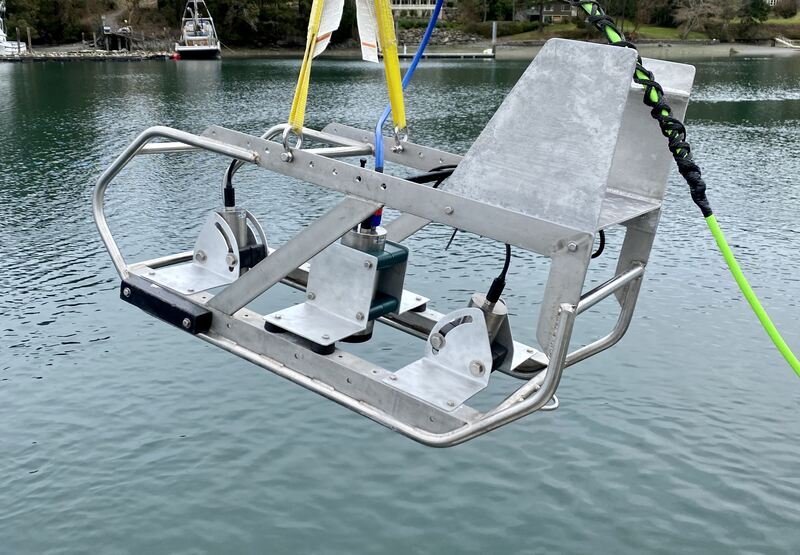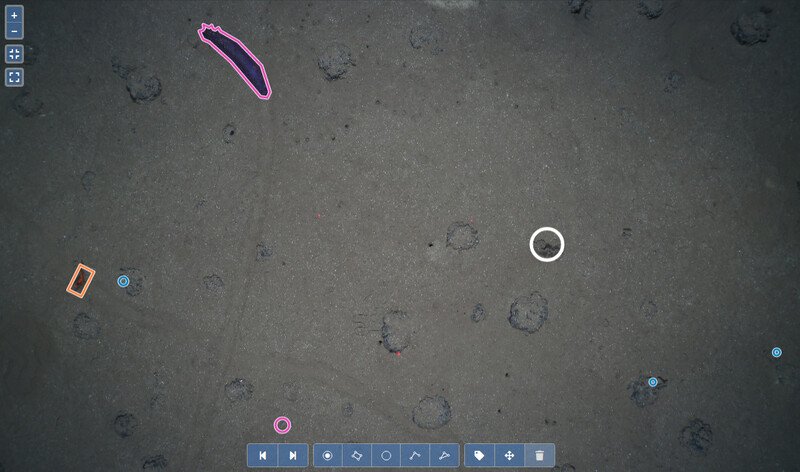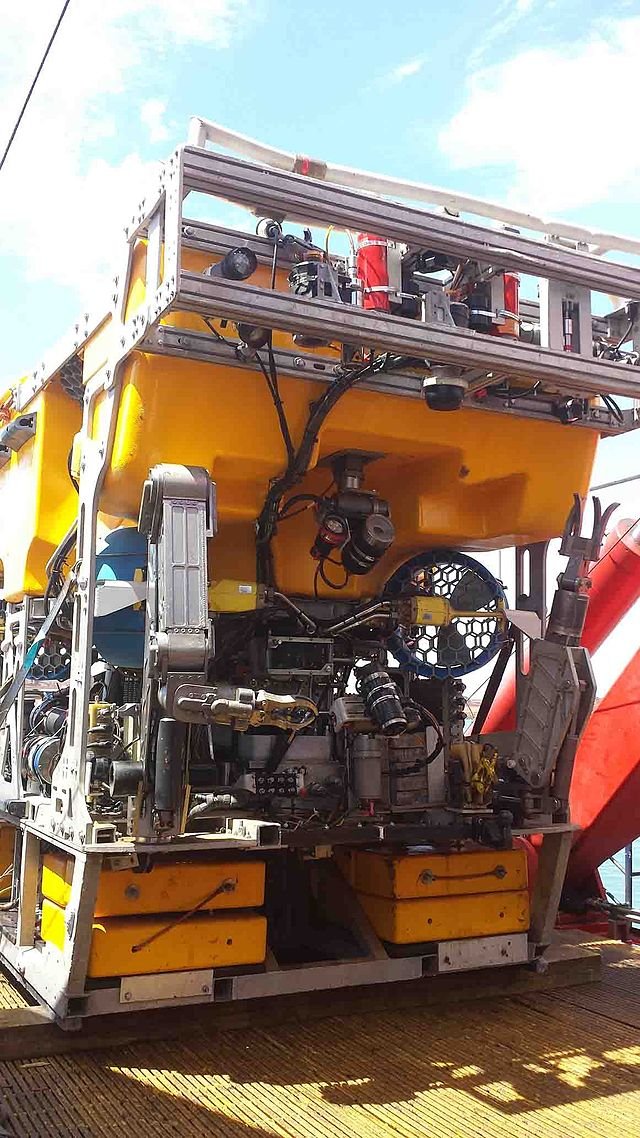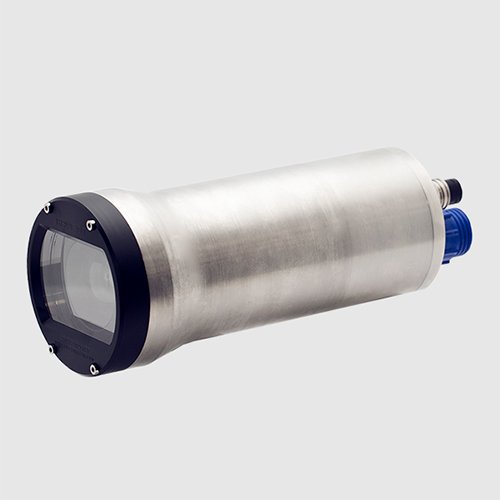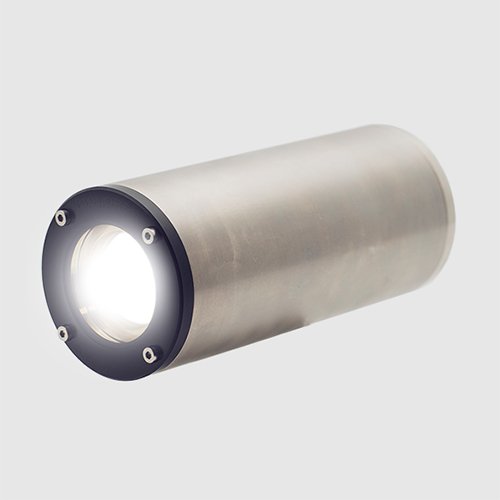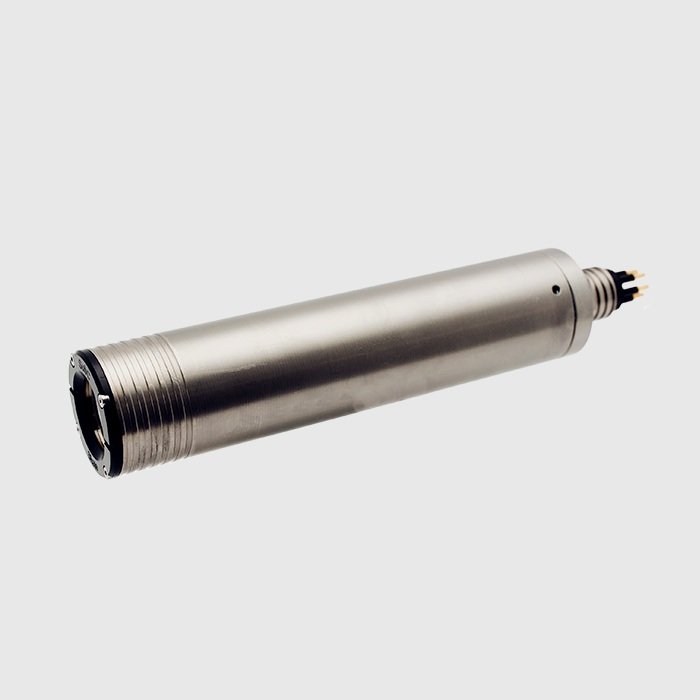Observatory Camera System
Designed for cabled array ocean observatories, long-term scientific studies, port security, and offshore structure monitoring. Collect both high-resolution digital stills and video over extremely long durations and store them with up to 1TB of solid-state memory. This flexible seafloor camera system can stream live video, comms and data over Ethernet, or run timelapse automations and scripting.
Key features:
-
Monitor your target anytime with Ethernet-powered live video. And with real-time camera control, like pan and tilt, you can make on-the-spot changes to collect better data. The camera also has the ability to store video and stills directly to a shoreside NAS.
-
Streamline your time lapse projects with our automated settings. These built-in settings enable you to capture videos and digital stills effortlessly, eliminating the need for constant monitoring.
-
Your camera can simplify integration and save time. It can double as a mux to control up to four devices such as LEDs, lasers and pan-tilts. And, as a data-logger, the system has built-in tilt and roll sensors and can store NMEA sensor data.
All-in-One System
Includes Rayfin Mk2 Benthic camera capable of capturing both high-resolution digital stills and 4k/HD video. Equipped with lights and lasers, the system is corrosion-proof with full Titanium and Sapphire materials and is certified to 6000m depth.
Fully Automated
Save time with built-in automation settings. These settings - or scripts - allow you to capture videos and digital stills without constant monitoring. Use the pre-loaded workflows or build your own with our easy-to-use software.
Specs & Details
Specs



Case Studies From The Field
Field-Proven
Subsea camera enables remote real-time and long-term monitoring of seafloor as part of ocean observatory initiative
For the longest time in Newfoundland and Labrador, much of our ocean research has been conducted using surface buoys and sea-going vessels. Over the last 5-6 years, there has been a large amount of investment put into Holyrood for a new ocean observatory that will change all of that.
SubC Stories: Hydrothermal Vent Digital Stills Time-Lapse
Since 2014, the Ocean Observatories Initiative (OOI), in partnership with the University of Washington, has been using SubC Imaging’s subsea cameras, LEDs and lasers on the Regional Cabled Array (RCA).
SubC Stories: Whale Bone Study Continues in Barkley Canyon with Subsea Camera Observatory
Led by Professor Craig Smith (University of Hawaii at Manoa), Professor Lisa Levin (Scripps Institution of Oceanography), and Dr. Fabio De Leo (Ocean Networks Canada), the University of Victoria have been using SubC’s Observatory Solution for their underwater study in Barkley Canyon since 2014.
End-to-end Support
End-to-end Support
We’re invested in your success. Receive complimentary remote onboarding training and access ongoing technical support.
Customizable
Customizable
Customizable to meet your needs, you can enhance the capabilities of your system with options like a tripod, frame, or auxiliary expansion kit.
Case Studies & Resources
You May Also Like
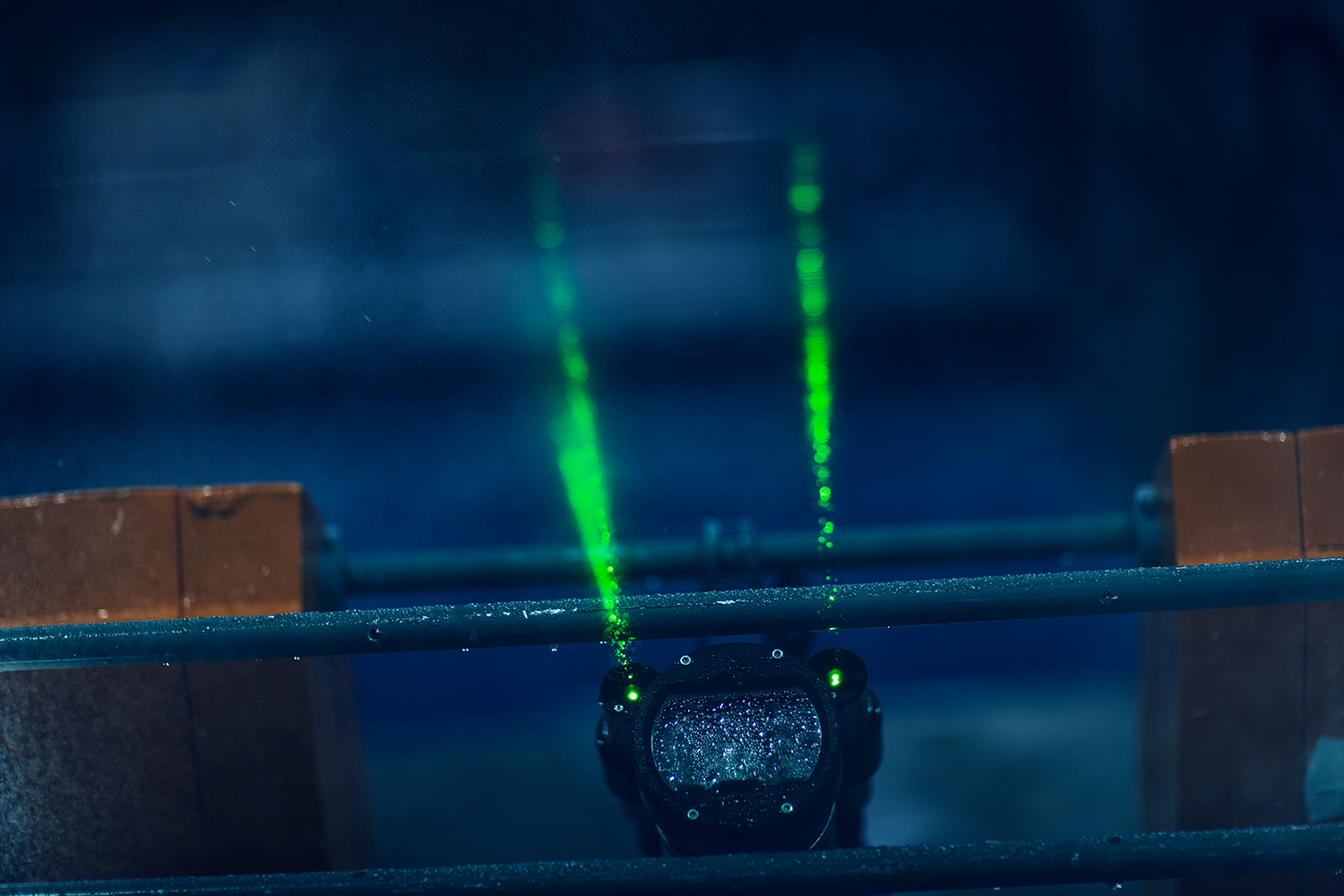
Request a Quote
By submitting this form you are consenting to be contacted by and receive marketing emails from SubC Imaging. You can revoke your consent to receive emails at any time by using the Unsubscribe link found at the bottom of every email. View Privacy Policy.


